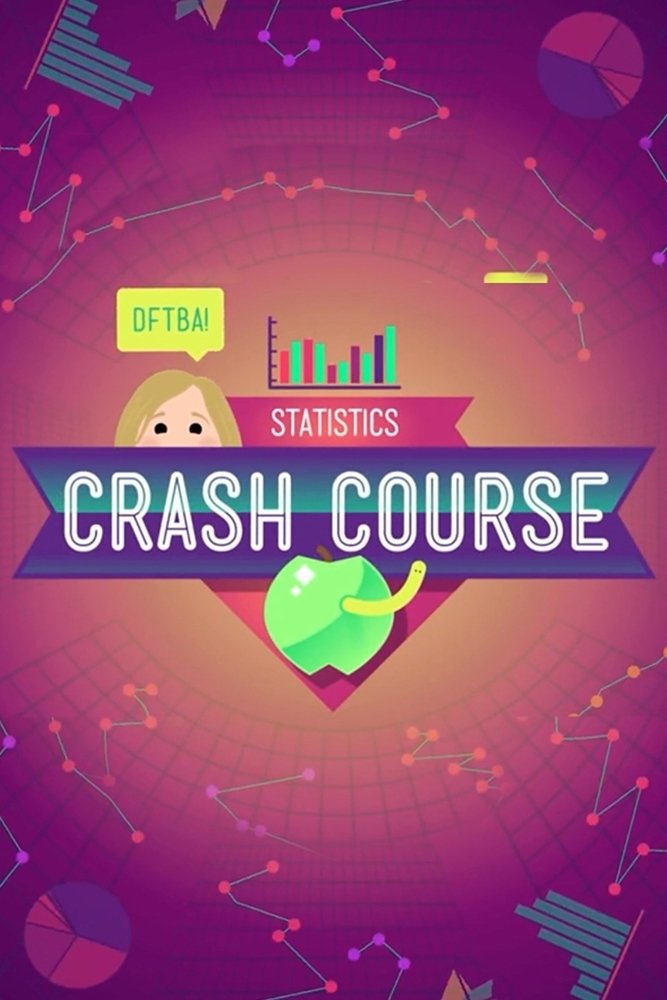Select Country
🇦🇫
AF
🇦🇱
AL
🇩🇿
DZ
🇦🇩
AD
🇦🇴
AO
🇦🇬
AG
🇦🇷
AR
🇦🇺
AU
🇦🇹
AT
🇧🇸
BS
🇧🇭
BH
🇧🇩
BD
🇧🇧
BB
🇧🇾
BY
🇧🇪
BE
🇧🇿
BZ
🇧🇯
BJ
🇧🇹
BT
🇧🇴
BO
🇧🇦
BA
🇧🇼
BW
🇧🇷
BR
🇧🇳
BN
🇧🇬
BG
🇧🇫
BF
🇧🇮
BI
🇰🇭
KH
🇨🇲
CM
🇨🇦
CA
🇨🇻
CV
🇨🇫
CF
🇹🇩
TD
🇨🇱
CL
🇨🇳
CN
🇨🇴
CO
🇰🇲
KM
🇨🇬
CG
🇨🇷
CR
🇭🇷
HR
🇨🇺
CU
🇨🇾
CY
🇨🇿
CZ
🇨🇩
CD
🇩🇰
DK
🇩🇯
DJ
🇩🇲
DM
🇩🇴
DO
🇪🇨
EC
🇪🇬
EG
🇸🇻
SV
🇬🇶
GQ
🇪🇷
ER
🇪🇪
EE
🇸🇿
SZ
🇪🇹
ET
🇫🇯
FJ
🇫🇮
FI
🇫🇷
FR
🇬🇦
GA
🇬🇲
GM
🇩🇪
DE
🇬🇭
GH
🇬🇷
GR
🇬🇩
GD
🇬🇹
GT
🇬🇳
GN
🇬🇼
GW
🇬🇾
GY
🇭🇹
HT
🇭🇳
HN
🇭🇰
HK
🇭🇺
HU
🇮🇸
IS
🇮🇳
IN
🇮🇩
ID
🇮🇷
IR
🇮🇶
IQ
🇮🇪
IE
🇮🇱
IL
🇮🇹
IT
🇨🇮
CI
🇯🇲
JM
🇯🇵
JP
🇯🇴
JO
🇰🇿
KZ
🇰🇪
KE
🇰🇮
KI
🇰🇼
KW
🇰🇬
KG
🇱🇦
LA
🇱🇻
LV
🇱🇧
LB
🇱🇸
LS
🇱🇷
LR
🇱🇾
LY
🇱🇮
LI
🇱🇹
LT
🇱🇺
LU
🇲🇴
MO
🇲🇬
MG
🇲🇼
MW
🇲🇾
MY
🇲🇻
MV
🇲🇱
ML
🇲🇹
MT
🇲🇭
MH
🇲🇷
MR
🇲🇺
MU
🇲🇽
MX
🇫🇲
FM
🇲🇩
MD
🇲🇨
MC
🇲🇳
MN
🇲🇪
ME
🇲🇦
MA
🇲🇿
MZ
🇲🇲
MM
🇳🇦
NA
🇳🇷
NR
🇳🇵
NP
🇳🇱
NL
🇳🇿
NZ
🇳🇮
NI
🇳🇪
NE
🇳🇬
NG
🇰🇵
NK
🇲🇰
MK
🇳🇴
NO
🇴🇲
OM
🇵🇰
PK
🇵🇼
PW
🇵🇸
PS
🇵🇦
PA
🇵🇬
PG
🇵🇾
PY
🇵🇪
PE
🇵🇭
PH
🇵🇱
PL
🇵🇹
PT
🇶🇦
QA
🇷🇴
RO
🇷🇺
RU
🇷🇼
RW
🇰🇳
KN
🇱🇨
LC
🇻🇨
VC
🇼🇸
WS
🇸🇲
SM
🇸🇹
ST
🇸🇦
SA
🇸🇳
SN
🇷🇸
RS
🇸🇨
SC
🇸🇱
SL
🇸🇬
SG
🇸🇰
SK
🇸🇮
SI
🇸🇧
SB
🇸🇴
SO
🇿🇦
ZA
🇰🇷
SK
🇸🇸
SS
🇪🇸
ES
🇱🇰
LK
🇸🇩
SD
🇸🇷
SR
🇸🇪
SE
🇨🇭
CH
🇸🇾
SY
🇹🇼
TW
🇹🇯
TJ
🇹🇿
TZ
🇹🇭
TH
🇹🇱
TL
🇹🇬
TG
🇹🇴
TO
🇹🇹
TT
🇹🇳
TN
🇹🇷
TR
🇹🇲
TM
🇹🇻
TV
🇺🇬
UG
🇺🇦
UA
🇦🇪
UAE
🇬🇧
UK
🇺🇸
US
🇺🇾
UY
🇺🇿
UZ
🇻🇺
VU
🇻🇦
VA
🇻🇪
VE
🇻🇳
VN
🇾🇪
YE
🇿🇲
ZM
🇿🇼
ZW

